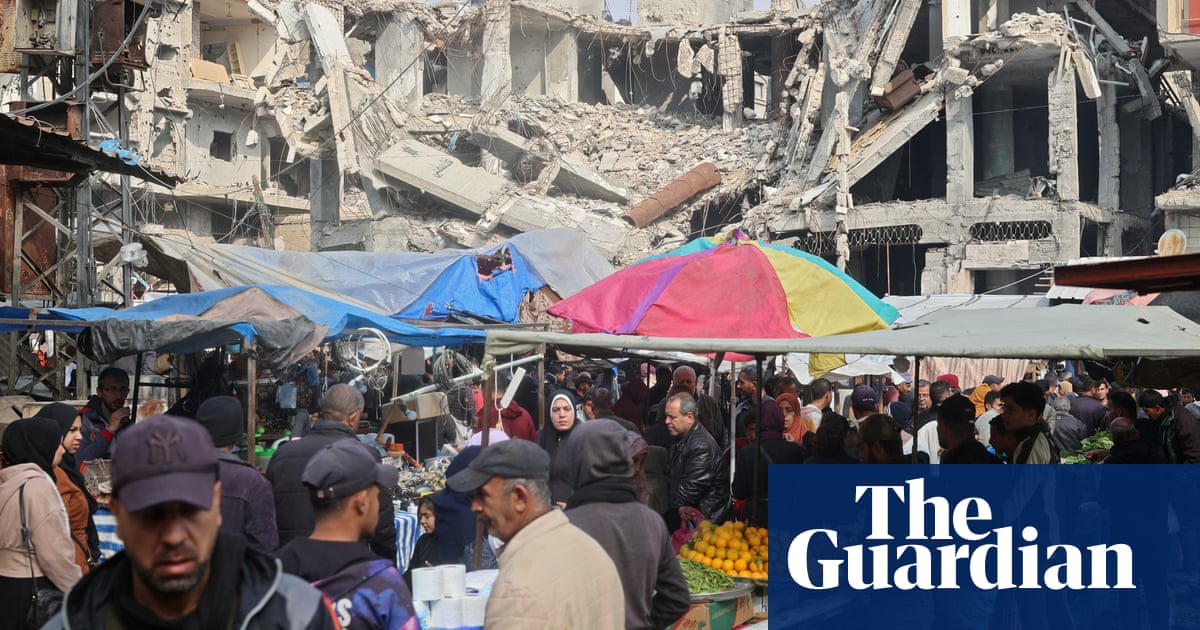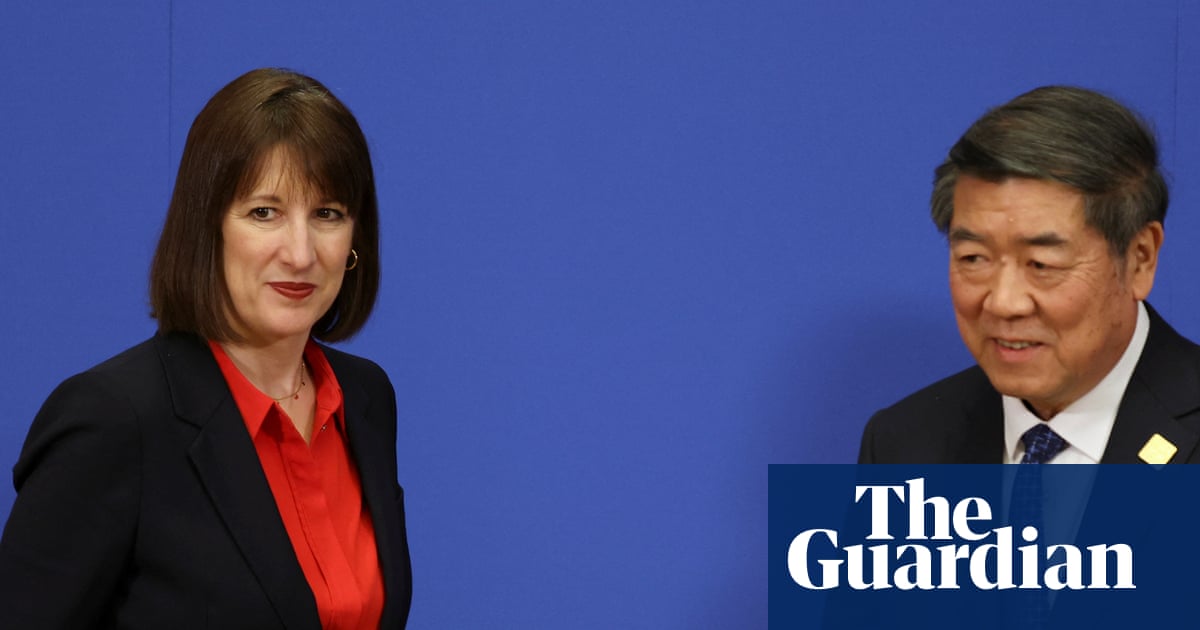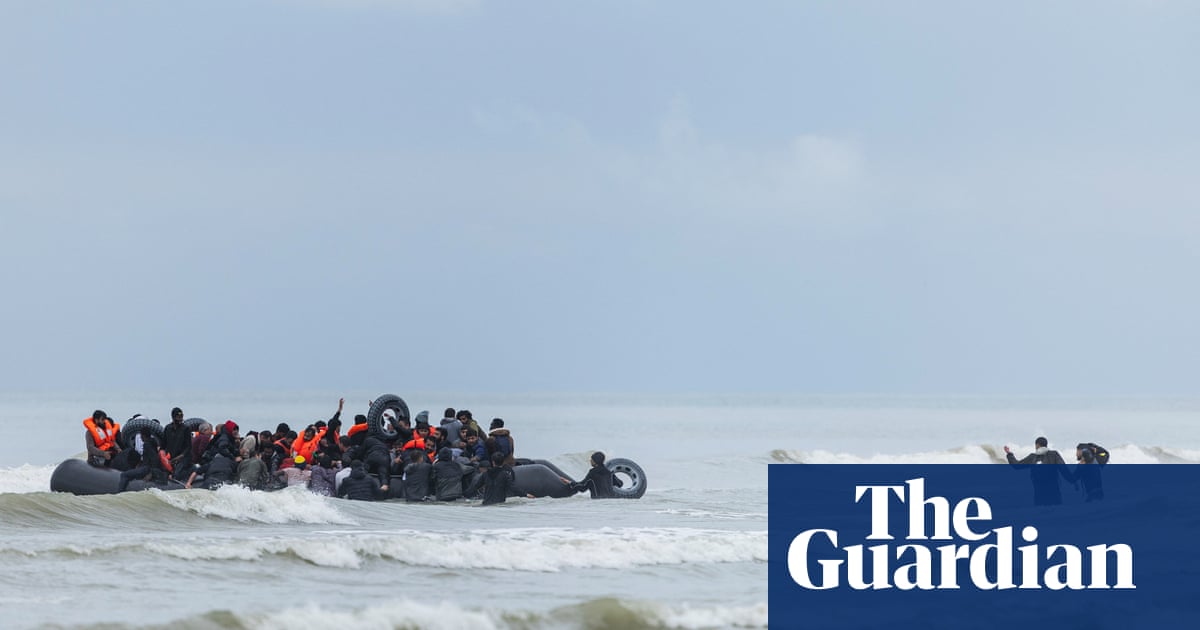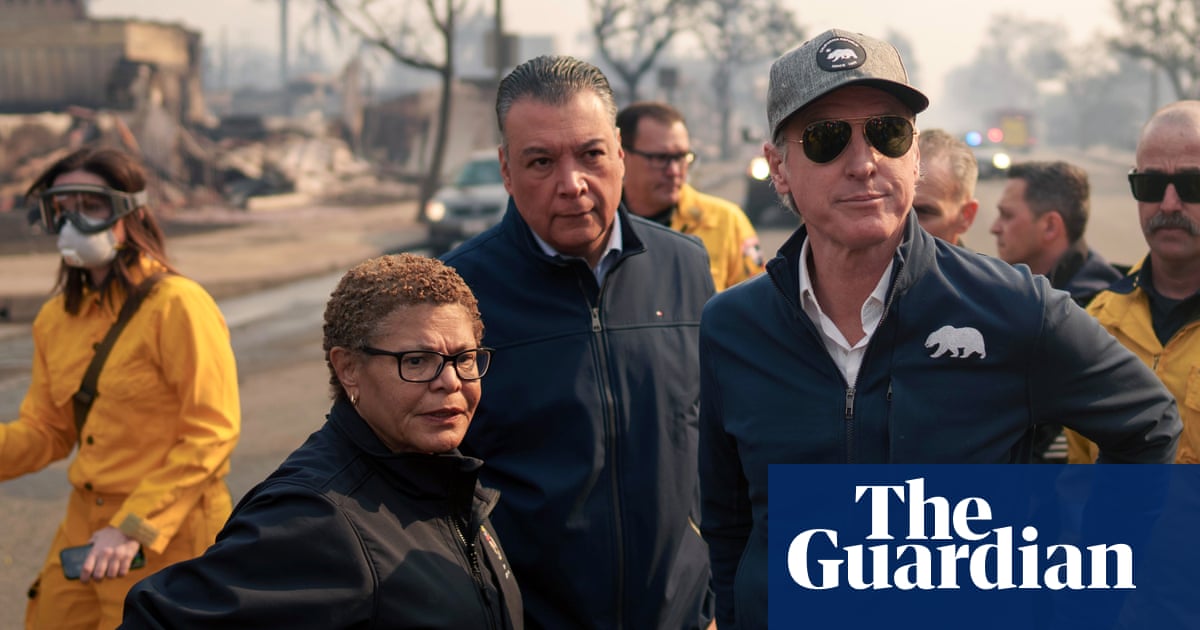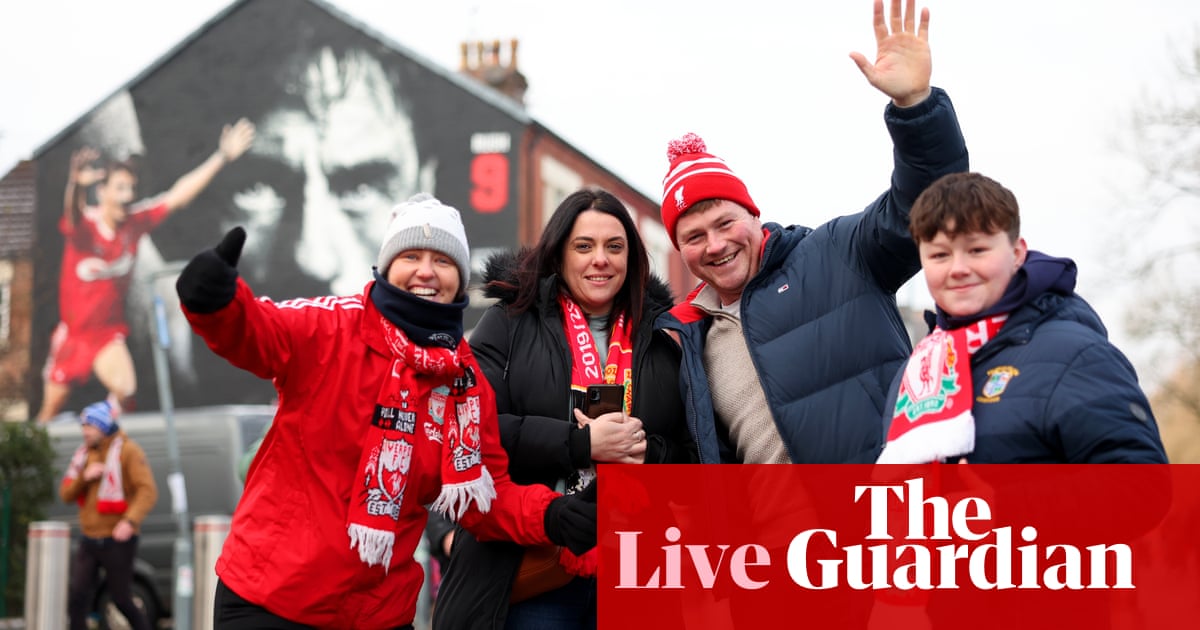Most sitcoms don’t imply that the lead character has died twice in the first 15 minutes. Most sitcoms don’t have an entire episode spoofing the film Titanic. And, even if they did, most sitcoms would not dress one of the main characters as the iceberg.
But Smoggie Queens is not like other comedies. BBC Three’s new series is a surreal, deadpan and occasionally very rude tale of primarily LGBTQ+ friends who hang out under the same roof. It takes the model of a traditional family sitcom and refocuses it around a “chosen family” of people from different generations.
Scenes frequently descend into cattiness, with half the cast going out in drag and one episode revolving around two local rival queens who start a war after encroaching on each other’s turf. That turf, specifically, being Teesside, hence the name of the show. (A Smoggie, in case you were wondering, is a term used to describe someone from the area around Middlesbrough.)
“It actually originated when Geordies were calling us Smoggies as a bit of an insult,” explains creator, writer and star Phil Dunning over a coffee in Soho. “It’s quite an industrial area, but we reclaimed the name.”

Dunning’s character Dickie isn’t your normal sitcom lead, either. He’s a narcissistic, volatile and insecure member of the friendship group who, now in his mid-30s, is jealous of younger queens. He’s particularly savage to Stewart (Elijah Young), a “little baby gay” recently asked to join the group after being seen out on the scene by himself. Dickie even punches Stewart when he says he looks 38. (“Why would you say that when he’s only 37?” their friend Sal, played by Patsy Lowe, says.)
“I remember when I first wrote it, a lot of people said: ‘We are meant to like the main character,” says Dunning. “But I thought it’s such a funny character.” Over the series Dickie gradually softens, as you learn that his hard outer shell covers a softer side and that he’s fiercely loyal to his circle of friends, which also includes Mam (Mark Benton) and Lucinda (Alexandra Mardell).
As well as acting, Dunning is a character comedian, and it was on stage that Dickie first started to take shape. “I really admire people who do it, but I’m not a straight-up standup,” says Dunning. “I feel like I have to hide behind something, hide behind a character, or a few characters. I don’t know why. Maybe I need some kind of psychologist.”
He wrote the pilot during lockdown, which was sent via his agent to Chris Jones at Hat Trick, the production company behind Derry Girls and Have I Got News for You. Jones loved the characters, energy and the gags, but advised that he should change the show’s premise (the original concept saw Dickie living in a mansion because he was a successful child star years earlier, and as a result never worked another day in his life.)
“All the other characters around him were his staff,” says Dunning. “And Chris was like: ‘Why don’t you write what you know?’”

So he swapped the mansion for a normal house and tweaked the plot from Dickie vowing to murder his ex-boyfriend (“It was actually quite dark, looking back,” Dunning says) to attempting to win back his ex’s affections. Dunning and Jones sent the script to the BBC, who quickly ordered a pilot – then an entire series. “It’s very rare that the pilot comes so fully formed,” says Jon Petrie, the BBC’s director of comedy. “Every draft that came in was just always so stupid and so funny.”
There’s a sequence where Mam dresses as a fairy godmother and hires a horse and cart to whisk Lucinda off, with all the other characters trussed up like they have fallen out of an episode of Bridgerton. While they were filming, part of the cart accidentally went up on the kerb, tilting it while several characters were holding drinks inside, “but like a great bunch of huns, everyone protected their prosecco,” says Jones. In another scene, Michelle Visage cameos, not as herself, but as a disgruntled office worker who is annoyed that her Post-it notes have gone missing. How does such a madcap show get written? “I go off all over the place then Chris reins it in,” jokes Dunning.
One of the challenges was to capture the characters’ trademark trashy drag look – harder than you might think. “Phil went for his first makeup as drag Dickie and came back looking like RuPaul,” Jones recalls. “Yeah yeah, you’re stunning, but this is so wrong.” Makeup artists had to be challenged to do their work purposefully badly – ensuring Dickie’s eyebrows were drawn on way higher than they should actually be. And when the cast were presented with an amazing, massive selection of glamorous wigs, they knew what they had to do. “We were like: what about this one?,” says Dunning – of a scruffy box of hairpieces they found instead.
Filming in drag also threw up some unexpected obstacles. Due to long days, it wasn’t uncommon for the cast to stay made up for 12 hours at a time. And for continuity reasons, the hair, makeup and outfits had to stay in the exact same position, which for Dunning meant “my wig had something like 74 bloody pins in”. Benton – who you might recognise from Waterloo Road and Early Doors – was nearly overwhelmed by the weight of his massive hairpiece. “He’s sat with his wig leaning against the wall, [saying] like: ‘How long have we got left?’” smiles Dunning of the actor playing parental drag queen Mam. “He had it the worst actually, bless him.”
after newsletter promotion
As most of the series was filmed during summer – in a real house with a crew of about 50 – the heat was a real issue. Especially for the boudoir scenes, where the queens apply their makeup in an extremely hot conservatory. “I don’t think our scripting supervisor blinked for six weeks,” says Jones.
An ambition of Smoggie Queens is to improve television representation in the north-east. Dunning says that Middlesbrough is often overlooked in favour of cities such as Newcastle or Sunderland, and that “a lot of the stuff that is filmed in Middlesbrough is either crime-scene stuff, or about it being the worst place to live in Britain. Years and years ago, when Kirstie and Phil did their ‘Best and Worst’ places, Middlebrough was number one worst, and that was the last one they ever did so it just kind of stayed.”

Scenes are rich with references to the local area. There are cameos by real life Smoggie Queens from the “small but mighty” queer scene. There are references to the Teeside delicacy parmo (chicken or pork smothered in cheese and béchamel sauce), which Dunning describes as “dirty as anything, but beautiful”. There’s even a storyline that nods to a local carpet company known for its distinctive jingles on local radio adverts. In fact, radio jingles seem to be a way that locals connect in Teesside. Dunning mentions that a now defunct garage company in the area is still fondly remembered for adding their name to Tina Turner’s Simply the Best.
“If you go to any nightclub in Teesside and that song comes on, everyone [sings] ‘South Cleveland Garages!’ And if you’re in London and someone shouts that, you’re like: ‘they’re from Teesside!’”
While the show is queer to its core, Dunning wanted the priority to be the humour. “I want you to love the characters and follow their emotional journeys, but it’s just a silly, stupid sitcom,” Dunning says. “Why not? Because queer people are people as well. We wanted to show that [a show about us can be] just like any straight sitcom. You don’t have that many emotional journeys with a lot of those sitcoms.”
There is, however, a subtle message to younger queer viewers about the value of such friendships in their own lives. A voiceover by Dickie at the end of the first episode tells viewers: “If you can’t find us, keep searching, keep strong, know your worth. Because believe me, we’re out there somewhere on this big old queer Earth.”
Smoggie Queens is on BBC Three and iPlayer from 28 November

.png) 1 month ago
12
1 month ago
12
